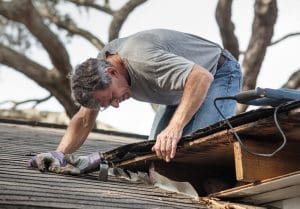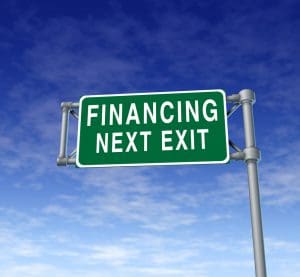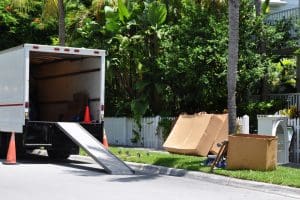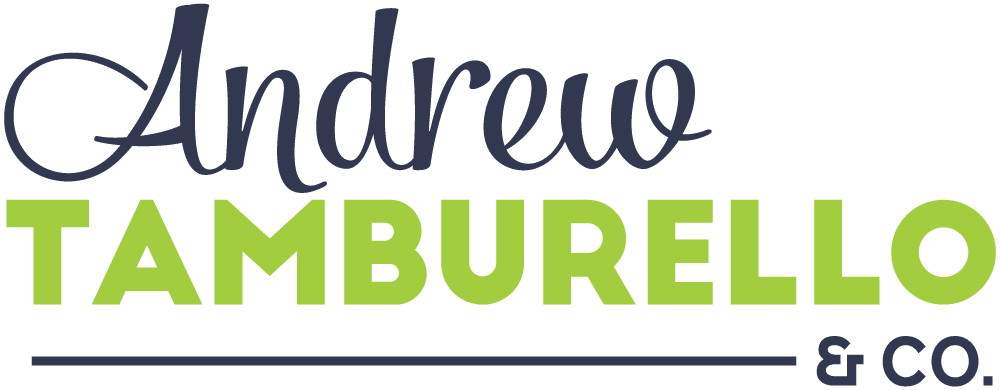Closing costs are one of the most overlooked items when purchasing a home. As a buyer, you’re more focused on the purchase price of a property and arranging for a mortgage. While many of your closing costs can be minor, there are some big ticket items, like land transfer tax. If you aren’t prepared for your closing costs, you might be left in a financial shortfall when it comes time for the closing of your property.
This post will walk you through all of the closing cost you have leading up to the transfer of title on your purchase as well as focusing on some of the most common expenses that you will incur during the first few weeks of living in the home.
CLOSING COSTS WHEN PURCHASING A HOME
Land Transfer Tax: Land transfer tax Is definitely the biggest expense you will incur when you’re purchasing a property. It is so important and that’s why I put it first ( in case you don’t read the rest of this post). Land transfer tax is calculated as a percentage of the purchase price of your property, based upon on a gradually tiered system. For instance, if you were to purchase a home in Ontario for $400,000, the total land transfer tax cost would be $4,475. If you happen to be purchasing a home in Toronto, the land transfer tax would actually be double that amount. While there are land transfer tax rebates for first-time home buyers, it is more than likely that you will need to account for paying a land transfer tax in your closing costs. You can get an idea of what that cost would be by using our land transfer tax calculator.
Home Inspections: A home inspection is the most common closing cost. Although you spend this mo
Title Insurance :When you purchase a property, you are given the title title to the home. Title insurance protects you against hidden issues in the property that arise after your purchase. It is very rare for a title insurance claim to be made because your lawyer performs a title search prior to the closing date, but there are some things that can get missed, or don’t show up in the first place. Some items that title insurance protects you against are encroachments, property disputes, tax arrears, zoning issues or bi-law compliance.
Legal Fees: Now this is one of the closing cost that most buyers are aware of because they’re in direct communication with their lawyer. There are lawyers that char
Adjustments: Adjustments are items on closing that will either be crediting the vendor, or the purchaser, for prepaid items. if you’re purchasing a freehold property, you or the seller will be credited for a certain amount for property taxes and if you are purchasing a condo there would be an adjustment for maintenance fees. For example, if you purchase a home after the homeowner has already prepaid their first six month installment of property taxes, you would have to pay the difference based upon the remaining days that were paid in advance. This could greatly increase your closing costs depending on what the annual property taxes on your home are.
Home Insurance: Insurance isn’t typically a closing cost that you pay all upfront but some companies may require you to pay the first year in advance. Home insurance protects you from many issues that can happen in your home and if you are carrying a mortgage on your property, it is a requirement by lenders that you have home insurance arranged or they will not release funds to you.
New Account Set Up: For many of the accounts you currently have, the provider can transfer your account over to a new property without cost. If you are a first-time home buyer, or you’re moving into an area that has a different service provider than you currently use, you will have a new account setup fee. Utility providers typically require this in advance because you don’t have any establish credit with them. While you will get the money returned to you (typically after 12 months of payments) it is a cost that you have to pay up front.
Financing fees
There are some hidden fees that you might be paying for prior to the closing of your property.
*Appraisals: a lot of banks require an appraisal on a property before they lend you the funds. In some cases a bank will take on this fee and
* Lender Fees: Mortgage Brokers are traditionally paid directly through the lender they have arranged your financing with. If you are self employed, have poor credit, have filed for bankruptcy or have had a recent event which has impacted your ability to carry debt, then you may have to be securing funds with a B Lender. Your mortgage broker may charge an additional fee on top of what the bank is paying them to account for the added time investment in securing your funds.
*Interest costs: While I wouldn’t necessarily consider your deposit one of your closing costs, you may be paying interest on the funds drawn for your deposit. Most people purchasing a home have their money locked away in investments, RRSP’s or in the existing property that they live in. Because of this, they might be accessing a line of credit to get the funds for their deposit, which has an interest component. If you don’t have access to a line of credit you may have to break one of your investments which could impact your tax situation or be required to pay a breakage fee if it’s prior to the maturity of the investment.
If you are a first time home buyer and have RRSP’s, you can draw funds from that account to use towards your down payment.
There are also going to be some closing costs that you incur after you purchase the property. While these occur after you actually own the home, you should account for the expenses that come with them.
Movers: You will likely be needing the assistance of movers or a few strong friends when you are getting yourself set up in your new house.
If you are moving on your own, you will have to account for the cost of renting a truck. You also need to account for the fuel and mileage charge, as well as food (and likely beer) for your helpers.
Minor Repairs: If there were some small items noted in your home inspection report, or other items that you see when you move in, you will likely be addressing them shortly after moving into the home.
Painting: You will likely want to put your own touches on your home and painting is one of the best ways to do that. Most people are comfortable painting their own home but the cost of paint can add up quickly:)
General Repair/Maintenance items: if you haven’t owned a home before, you’ll likely be purchasing some tools or household items when you move into your property. This includes things like a vacuum, gardening supplies, a broom and mop, cleaning supplies and a variety of tools that you require to fix things around the house. This is a closing cost that can add up pretty quickly!
New Furniture: You will likely be buying a few new items for your home. It may not be a full house of furniture but you will spend $1,000 before you know it!
Purchasing a new home is an exciting experience but you do need to make sure you have accounted for all of the closing costs you will be incurring when you buy a home.
We sit down with all of our buyers prior to viewing properties and go through a closing cost checklist to make sure they have enough funds to cover all of the expenses in advance. This is because the funds required to cover your closing costs may impact the money you have set aside for a down payment, and ultimately, the price of home you can afford to buy.

